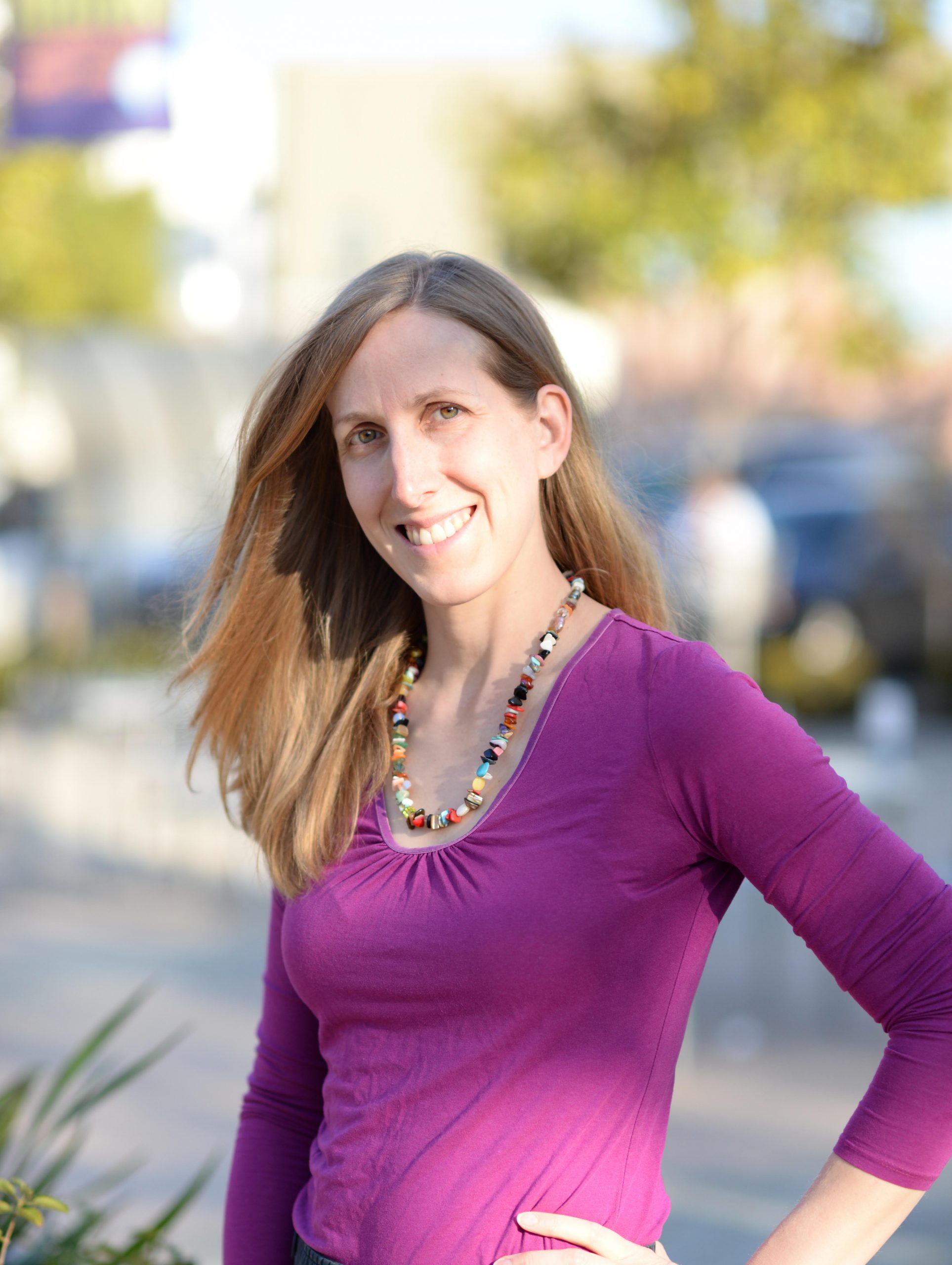
- This event has passed.
MSE Seminar: “The light stuff: sculpting photons at the molecular-scale for sustainability”
January 14, 2021 at 10:45 AM - 11:45 AM
We present methods to sculpt light at the atomic and molecular scale to detect and control chemical transformations, en-route to improved planetary and personal health. First, we study plasmon-driven chemical transformations, focussing on the photocatalytic dehydrogenation of AuPd systems. Here, the Au acts as a plasmonic light absorber and Pd serves as the catalyst. Using optically-coupled electron microscopy, we find that plasmons modify the rate of distinct reaction steps differently, increasing the overall rate more than ten-fold. Plasmons also open a new reaction pathway that is not observed without illumination, laying a foundation for site-selective and product-specific photocatalysts. Next, we describe methods to enable enantiospecific photochemistry, using resonant dielectric nanoparticles. By overlapping electric and magnetic resonances, these nanostructures can significantly enhance circular dichroism for improved chiral sensing and spectroscopy as well as high-yield enantioselective photochemistry. Finally, we describe resonant nanophotonic surfaces that enable multiplexed detection of SARS-CoV-2 gene sequences. The high quality factor (high-Q) produces a large amplification of the electromagnetic field intensities near the nanostructures that increase the response to minute refractive index changes from targeted binding of nucleic acids; simultaneously, the optical signal is beam-steered for multiplexed detection. We will present the design and development of this quantitative optical assay, as well as application to clinical samples.

Jennifer Dionne, Ph.D., Stanford University
Senior Associate Vice Provost of Research Platforms/Shared Facilities and Associate Professor of Materials Science and Engineering,
Jennifer (Jen) Dionne is the Senior Associate Vice Provost of Research Platforms/Shared Facilities and an associate professor of Materials Science and Engineering and, by courtesy, of Radiology at Stanford. She serves as the director of Stanford’s Photonics Research Center, co-director of the TomKat Center for Sustainable Energy, and director of the DOE-funded Photonics at Thermodynamic Limits Energy Frontier Research Center. Jen received her B.S. degrees in Physics and Systems Science and Mathematics from Washington University in St. Louis, her Ph. D. in Applied Physics at the California Institute of Technology in 2009, and her postdoctoral training in Chemistry at Berkeley. Her research develops nanophotonic methods to observe and control chemical and biological processes as they unfold with nanometer scale resolution, emphasizing critical challenges in global health and sustainability. Her work has been recognized with the Alan T. Waterman Award, a NIH Director’s New Innovator Award, a Moore Inventor Fellowship, the Materials Research Society Young Investigator Award, and the Presidential Early Career Award for Scientists and Engineers, and was featured on Oprah’s list of “50 Things that will make you say ‘Wow’!”. Beyond the lab, Jen enjoys exploring the intersection of art and science, long-distance cycling, and reliving her childhood with her two young sons.
